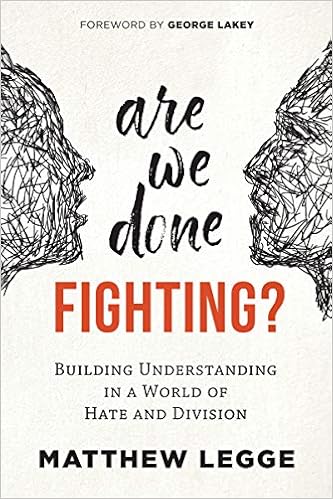
 4
4





 2
2




 4
4




Travis Johnson wrote:Welcome Mathew...
We have had some good discussion on your book of late, and it seems like a very interesting read. I do a lot with drug rehabilitation and homelessness, and it takes getting to the root cause of issues to stop the real problem. Your book addresses those root problems. Sometimes my idea of prevention is somewhat aggressive compared to others, but it at times it can work.
 2
2




 2
2




Visit Redhawk's soil series: https://permies.com/wiki/redhawk-soil
How permies.com works: https://permies.com/wiki/34193/permies-works-links-threads
 2
2




Jay Angler wrote:Welcome Mathew! I always figured that some of the most important things in life, like communication and child rearing, seem to be "learn on the job", "absorb by osmosis" sorts of things, when in fact, many people need instruction books on how to do it well as a start, and good role models to practice on! I will head over and read your book review.
 2
2




Cultivating connection between people and places for thrival and peace.
http://www.beingsomewhere.net/pdcbook.htm
 2
2




Jasmine Dale wrote:Hi Matthew,in the process of leaving an eco village after 10 years of unharmonious group dynamics. As a permaculture designer, I have been doing plenty of evaluation of what we could have done differently to have lessened the fighting. I've been aware we never had an explicit group vision and in a design that feels essential. A vision board or graphic representation to explore the diversity of our visions for the project is one technique I would've used. What's your thoughts on a) initial visioning and b) reclaiming a project that's gone sour through vision building techniques? Thank you!
 3
3




 4
4




Nicole Alderman wrote:It's my favorite time of the week--time to announce the winners!!!
Congratulations!
Kenneth Elwell
Michael McKay
Pavel Mikoloski
Amy Arnett
I'll be sending each of you a PM--please reply by Sunday to claim your copy of the book!
Many thanks to Matthew for joining us this week in so many thought-provoking discussions!
 1
1




Cultivating connection between people and places for thrival and peace.
http://www.beingsomewhere.net/pdcbook.htm

|
If you open the box, you will find Heisenberg strangling Shrodenger's cat. And waving this tiny ad:
permaculture bootcamp - gardening gardeners; grow the food you eat and build your own home
https://permies.com/wiki/bootcamp
|


